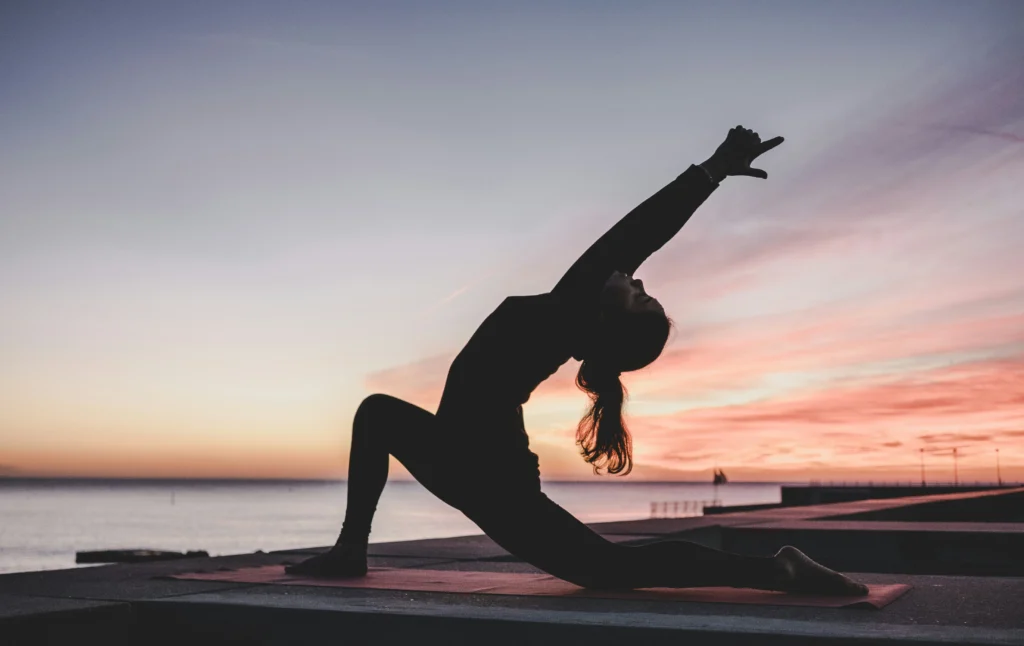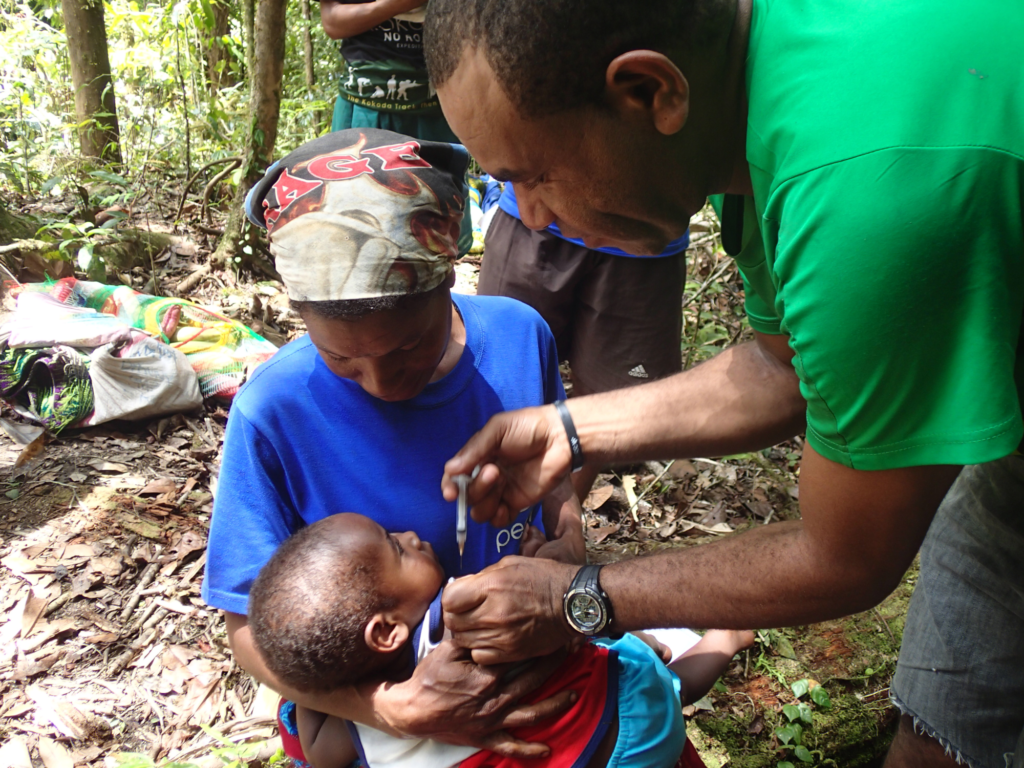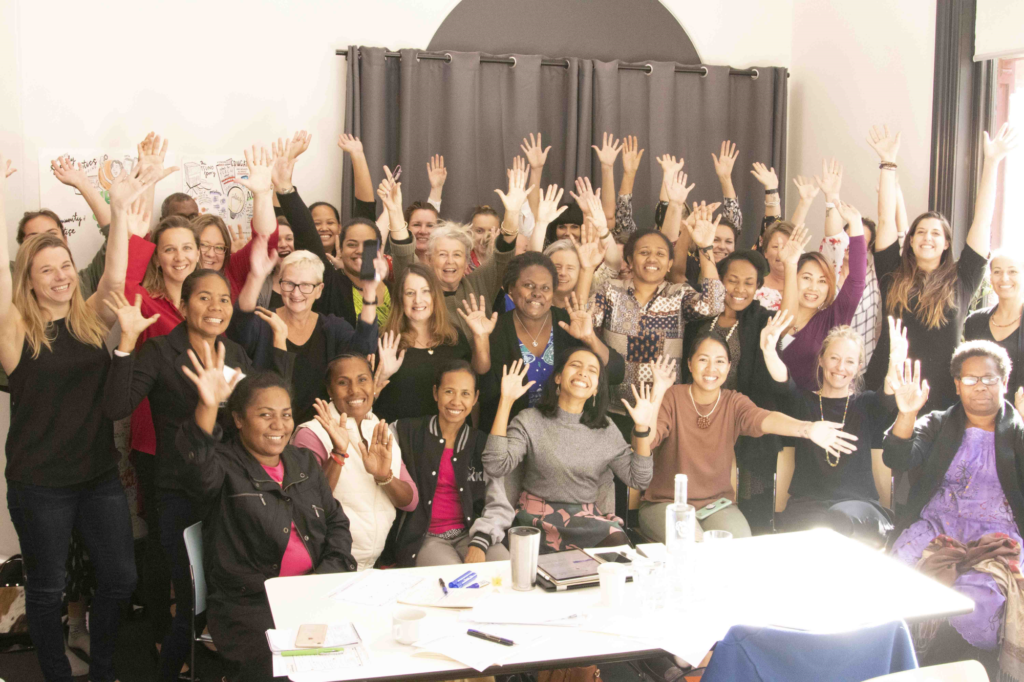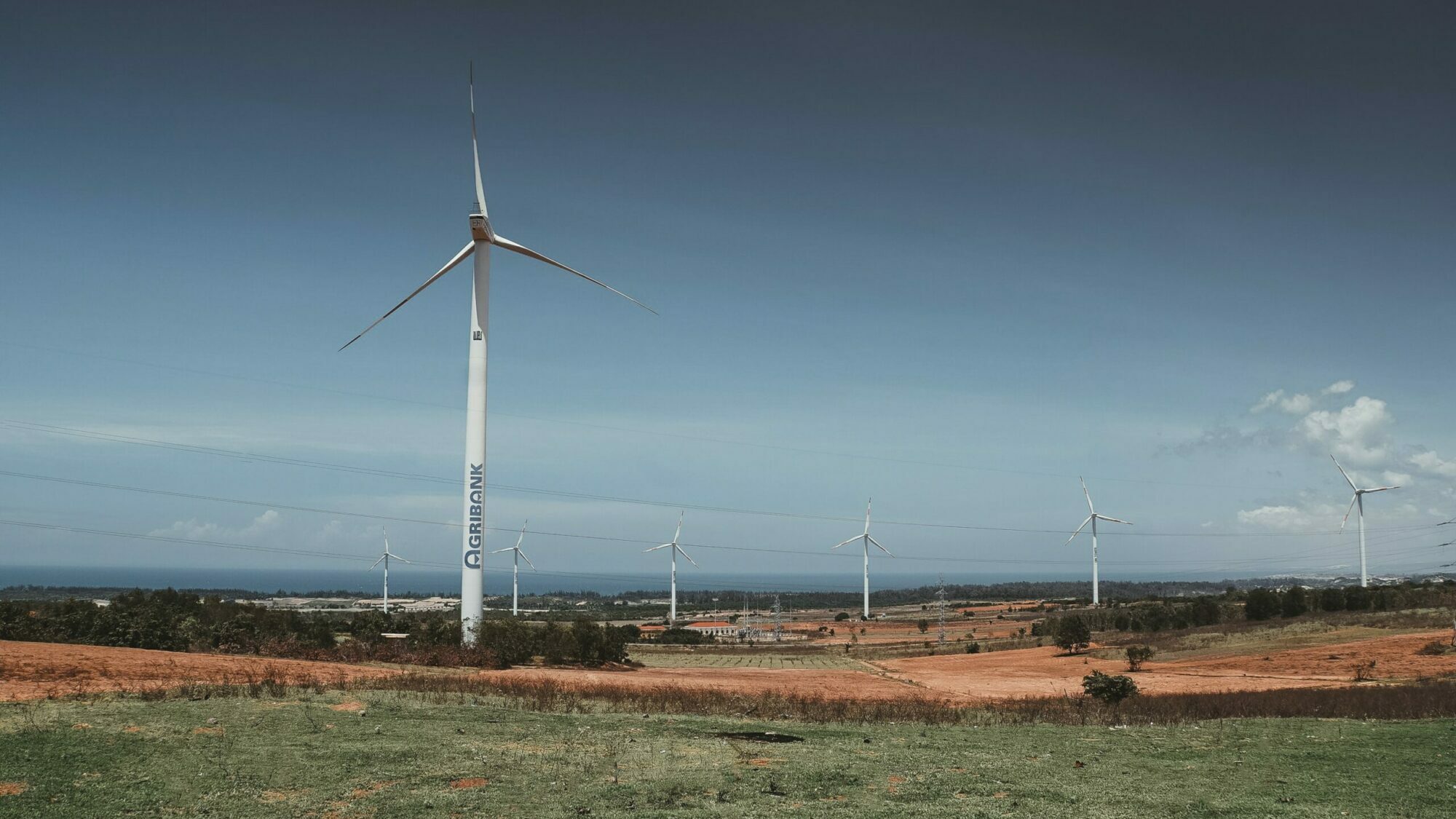
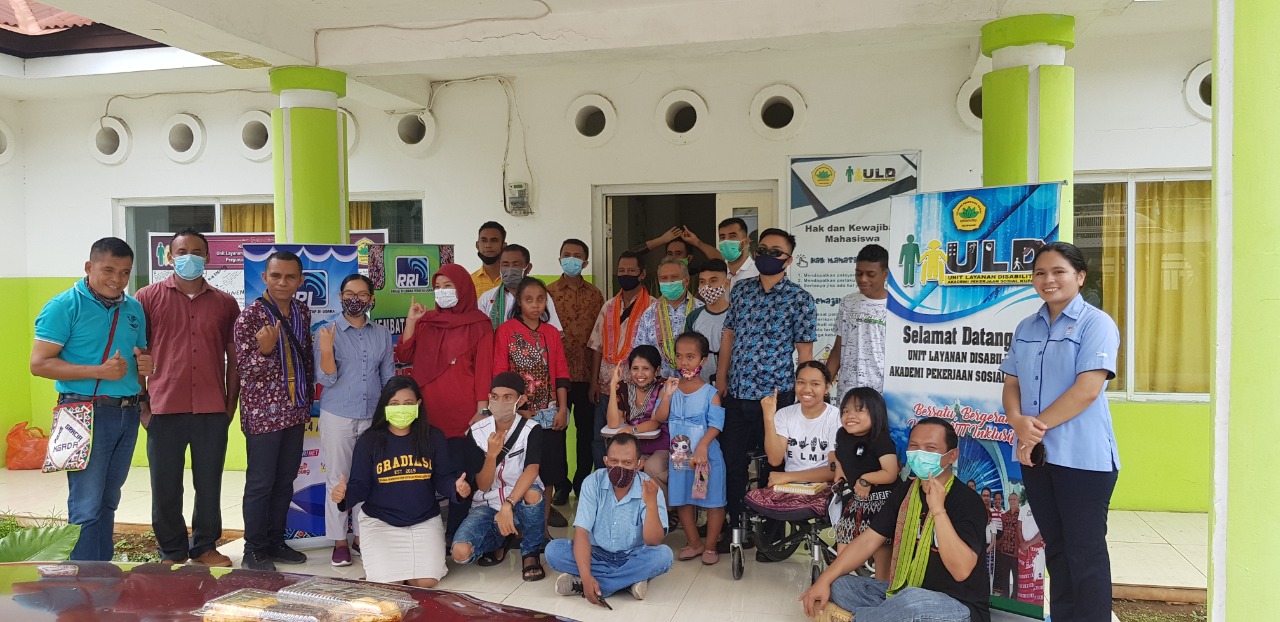
In many emerging economies, including Indonesia, restrictions to prevent the spread of COVID-19 such as physical distancing and stay-at-home orders, threaten to aggravate exclusion and isolation of people with disabilities in nearly all facets of their life.
“It is challenging, for example, for people who have vision impairment or people with disabilities who need assistance, they need someone to guide them when they leave their house. But people are told to keep their distance” said Berti Soli Dima Malingara co-founder of Gerakan Advokasi Transformasi Disabilitas Untuk Inklusi (GARAMIN), a non-government organisation focused on disability rights in East Nusa Tenggara (NTT) province.
Providing a voice for people with disabilities in government COVID-19 responses is the main challenge for Berti and her colleagues at GARAMIN
GARAMIN was founded in February 2020, less than a month before the NTT Provincial Government imposed the stay-at-home orders to prevent the disease from spreading.
To get a clear picture of the condition of people with disabilities in NTT during the pandemic, Berti decided to take part in a rapid national assessment of the impact of COVID-19 on people with disabilities.
As the coordinator for NTT, Berti managed the survey volunteers. She initially heard about the assessment through “Webkusi,” a network of DPO’s and disability activists, some of whom are Australia Awards alumni.
Social media and local NGO networks were used to share the survey. As many respondents did not have sufficient mobile phone credit, Berti would call them by phone and help them fill the survey in.
Many people with disabilities not aware of government aid
The survey for NTT showed 43% of 205 respondents had lost up to 80% of their income within a month after the pandemic hit. As many as 95% suffered from complex financial difficulties, such as having difficulties buying food or paying for school due to the drop in income. Only 6% of the respondents had received cash aid.
“Many people with disabilities here are not aware of government aid because information platforms are inaccessible.” Berti said. “For example, information on COVID-19 aid was distributed in a paper circular at that time, whereas mobile vans with loud-speakers would be more accessible for blind people”.
When the provincial government live-streamed a press conference on Facebook, there were no sign language interpreters for deaf people.
To overcome a restriction on gatherings, Berti started a series of webinars
Supported by the “Tanggap Covid-19 NTT Inklusif” network, the webinars aimed to raise awareness about the inclusion of people with disabilities in the provincial government’s COVID-19 policies.
Issues that were discussed through the webinars included the importance of having data covering people with disabilities for COVID-19 responses to promoting scholarships for people with disabilities during the pandemic. She featured speakers and moderators from DPOs. Sign language interpreters and closed captions were used for people with hearing impairments.
Her efforts started to bear fruit. The provincial government deployed mobile vans to give education about COVID-19 in Kupang municipality. When the local government live-streamed a press conference through Facebook, it had a sign language interpreter.
“People with disabilities are now getting attention from the provincial government. The provincial social welfare office has started sending their staff to monitor implementation in Kupang Municipality,” said Berti, who is a member of the Australia Indonesia Disability Advocacy Network (AIDRAN).
Berti’s interest in disability inclusion and empowerment started in 2010 when she worked as a village facilitator for a maternal and neonatal health program in Oesena and Oelomin villages in Kupang district
While living in the villages, she saw parents with children who had disabilities were not taking them to the integrated health service post (Posyandu) to get treatment or enrolling them in schools. There was a traditional belief that children or people with disabilities were cursed.
Berti gained further experience in inclusion activities on campus and in the community while studying in Australia from 2018 to 2019
“The system (at Flinders) is beneficial for students with disabilities from the moment they register at the campus. The campus provides many conveniences, such as training for blind students, extra time to do tasks, tutors, and counselling services,” she said.
While she is not a person with a disability, Berti was voted as secretary of Flinders University Students with Disability Association (FUSDA). One of its activities was attending Adelaide City’s administration meetings to give input about accessibility and inclusion from international students’ perspectives.
Furthering the fight for inclusivity
“The fight for inclusivity should be done by everyone, not just people with disabilities fighting alone,” said Berti. “We also need to awaken the spirit of young people with disabilities to support other friends with disabilities. A little less talk and a lot more action.”
Original article was published here: https://australiaawardsindonesia.org/article/detail/805/16/berti-soli-dima-malingara-fights-for-inclusion-of-people-with-disabilities-in-covid-19-responses
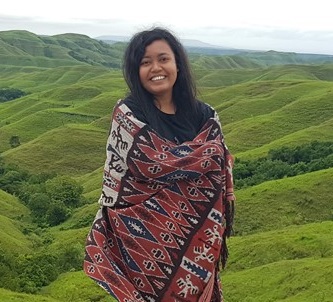
BERTI SOLI DIMA MALINGARA
GARAMIN Co-founder
